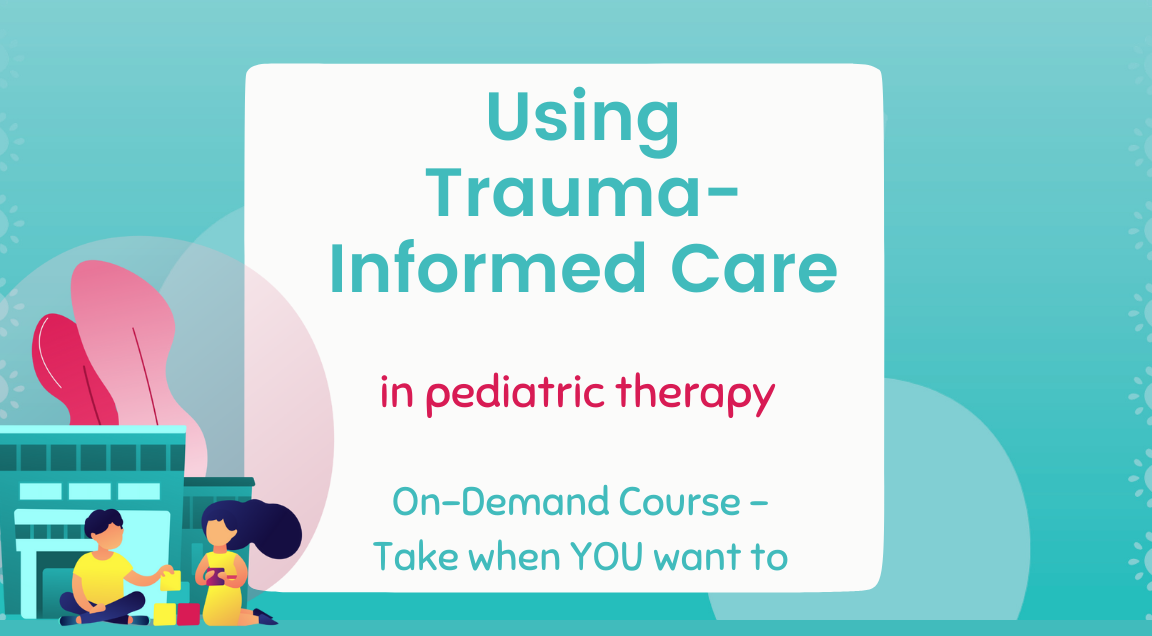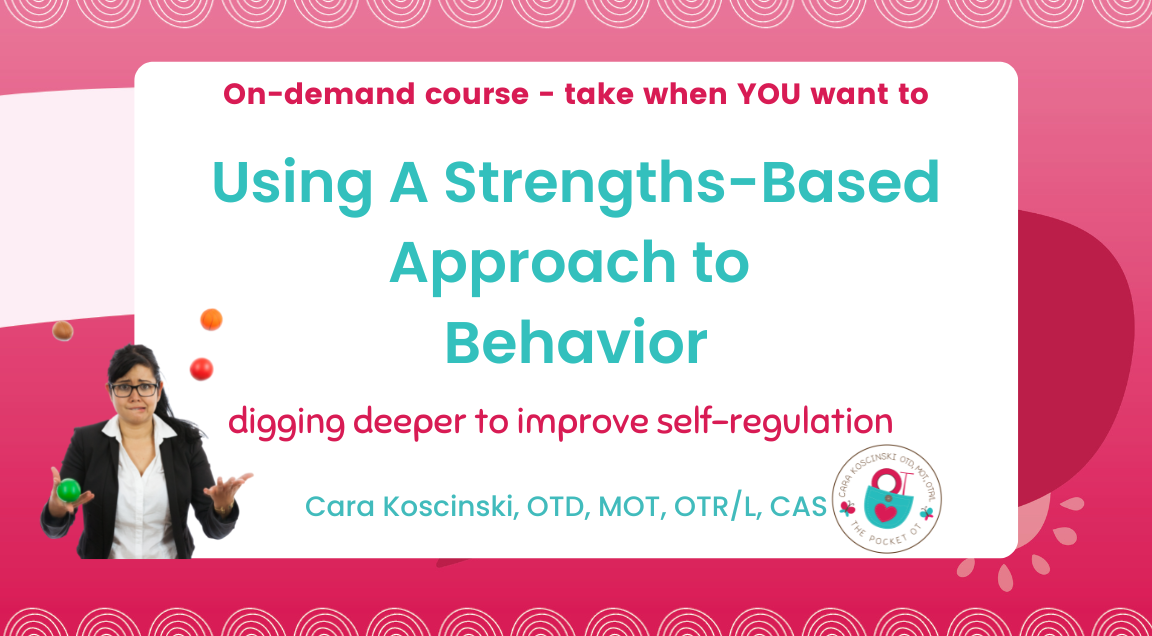
Reflective Practice in Peds: Becoming Your Most Confident Practitioner-Self
If there is one tool that could take you from novice to expert clinician – reflection is it! In this course learn the basic framework to create your own structure around reflective practice and see your confidence as a practitioner grow.








